Battery-recycling – Russia-Ukraine-crisis 29-03-2022 - Arhive
Battery-recycling – Russia-Ukraine-crisis
-Eramet reports progress on battery recycling plant
French company foresees producing “black mass” from recycled lithium-ion batteries by 2024.
France-based mining and minerals company Eramet says it is on track to scale up to the “industrialization” phase of a lithium-ion battery recycling effort to be based in France. Battery-recycling – Russia-Ukraine-crisis
Last year, the company signed an agreement with solid waste and recycling firm Suez, also based in France, that, depending on the outcome of testing and research, could lead to the construction of an electric vehicle (EV) lithium-ion battery recycling plant in by 2024.
Subsequently, Suez has been acquired by former competitor Veolia, but Eramet says progress on the battery recycling venture continues.
Eramet says the two companies will now “initiate the pre-industrial phase” and “depending on the outcome of this pre-industrial phase, “Eramet and Suez will build a facility at an as yet unselected site in France “to produce black mass, a metal concentrate (nickel, cobalt, manganese, lithium and graphite) suitable for hydrometallurgical refining.” Battery-recycling – Russia-Ukraine-crisis
Regarding the refining steps, Eramet says it has started the construction of a pre-industrial demonstrator within its research and innovation center, which it calls “an essential step to pave the way for the commercial phase.”
The overall process is on track, says Eramet, for “an industrial phase [to] be launched as early as 2024 for the black mass production step, and by 2025-2026 for the refining steps from the black mass to battery grade products.”
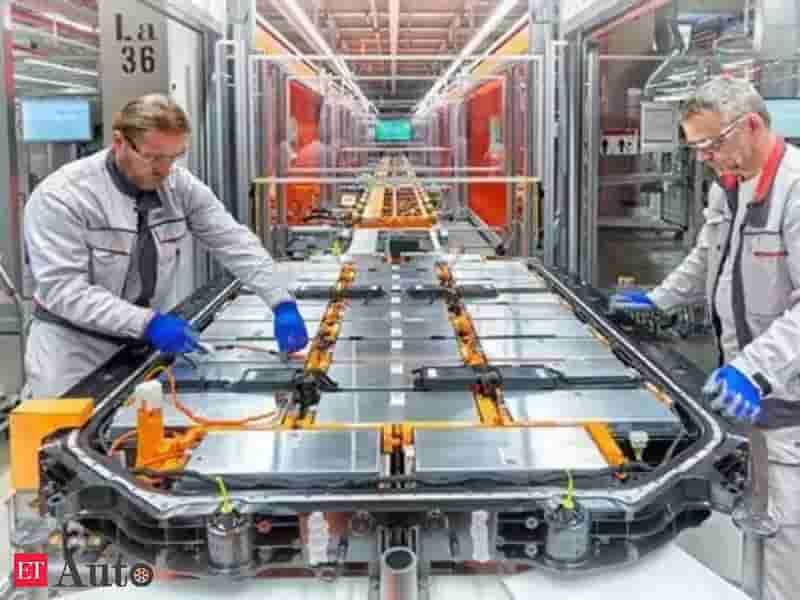
-MOL unit lays cornerstone of propylene plant in Tiszaujvaros
Mol Petrolkemiai, a unit of oil and gas company MOL, laid the cornerstone of a HUF 65bn propylene plant in Tiszaujvaros (about 158 km northeast of the capital) on Wednesday, according to BBJ. Battery-recycling – Russia-Ukraine-crisis
By investing EUR 180 million, MOL Petrolkemia builds a new plant in Tiszaujvaros where its foundation stone laying ceremony took place this Wednesday. 7-8% of the investment costs are covered by Hungarian taxpayers through a government decision.
The production unit, which has an annual manufacturing capacity of 100,000 tons of propylene per year, covers a quarter of MOL’s chemical material needs and increases its self-sufficiency.
MOL Group is an integrated, international oil and gas company that is active in over 30 countries and has a track record of more than 80 years in research and production. Being present through its oil industry activities in 14 countries and running production in nine countries, it has a diverse portfolio: it operates three refineries and two petrochemical plants under integrated supply chain management in Hungary, Slovakia and Croatia.
The new plant of MOL Petrolkemia will be of key importance since the planned 100,000 tons of propylene is set to provide a quarter of the chemical material needs of the corporation. The investment integrates well into MOL Group’s updated strategy and is an important step towards chemical transformation and energy transition since the company can gradually increase the ratio of non-fuel products in its portfolio.
In the last 5-10 years MOL has turned Tiszaujvaros into a unique chemical center so by now the city is undoubtedly considered among the most modern petrochemical metropolises. Battery-recycling – Russia-Ukraine-crisis
We have a butadiene plant already built here, as well as a synthetic rubber plant that was built in cooperation with Japanese experts, and the town also hosts the largest industrial investment of the last 30 years, the polyol complex built for EUR 1.3 billion, Zsolt Hernadi, Chairman-CEO of MOL Group said.
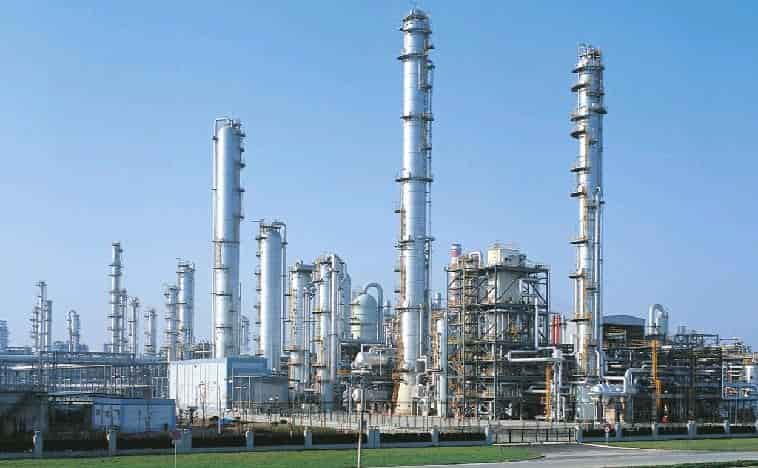
-Sinopec suspends discussions with Sibur on investment in new gas chemical plant in Russia
Sinopec, formally China Petroleum and Chemical Corp, has suspended the discussions to invest up to USD500 million in the new gas chemical plant in Russia, reported Reuters with reference to a source. Battery-recycling – Russia-Ukraine-crisis
The plan has been to team up with Sibur, Russia’s largest petrochemical producer, for a project similar to the USD10 billion Amur Gas Chemical Complex in East Siberia, 40% owned by Sinopec and 60% by Sibur, set to come online in 2024.
“The companies wanted to replicate the Amur venture by building another one and were in the middle of site selection,” said the source.
Sinopec hit pause after realising that Sibur minority shareholder and board member Gennady Timchenko had been sanctioned by the West, the source said. The European Union and Britain last month imposed sanctions on Timchenko, a long-time ally of Russian President Vladimir Putin, and other billionaires with ties to Putin.
The Amur project itself faces funding snags, said two of the sources, as sanctions threaten to choke financing from key lenders, including Russia’s state-controlled Sberbank and European credit agencies.
“It’s an existing investment. Sinopec is trying to overcome the difficulties in financing,” said a Beijing-based industry executive with direct knowledge of the matter. Battery-recycling – Russia-Ukraine-crisis
Sibur did not comment on the suspension of the talks for the new chemical plant but said it continues to cooperate with Sinopec. It said the two companies continue to work jointly on implementing the Amur plant.
“Sinopec is actively participating in the issues of the project’s construction management, including equipment supplies, work with suppliers and contractors. We are also jointly working on the issues of project financing,” Sibur told Reuters by email.
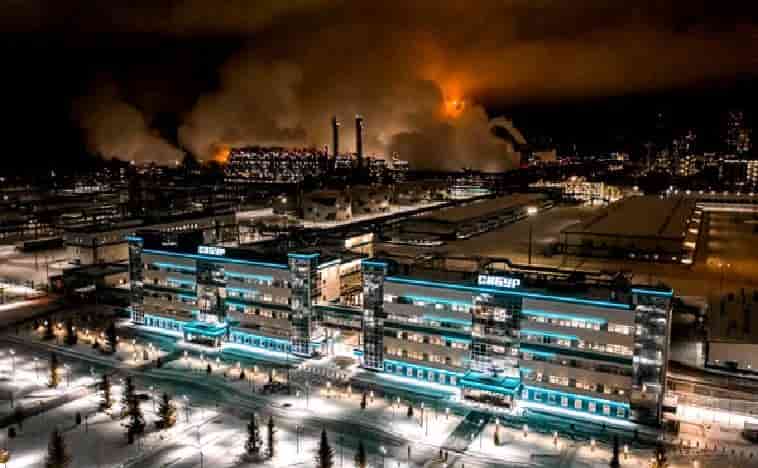
-Hubergroup launches new oxygen barrier coating for flexible packaging
Hubergroup Print Solutions’ new HYDRO-LAC GA Oxygen Barrier Coating can be applied between a film laminate made of the same material as the pack itself, allowing for monomaterial flexible packaging that can be recycled more easily where infrastructure exists. Battery-recycling – Russia-Ukraine-crisis
Dr Ralf Büscher, senior expert projects flexible packaging at Hubergroup, explains: “Conventional flexible food packaging often consists of several laminated film layers of different chemical natures. Each fulfils a specific function – one of which is the protection against oxygen.
“However, packaging that consists of several plastics cannot be recycled at all or only with great effort.”
Hubergroup’s new oxygen barrier coating can be applied with a film laminate made of the same polymer, usually polypropylene (PP) or polyethylene (PE), as the packaging itself. This allows the flexible packaging to be monomaterial overall and thus offers a more recyclable solution.
In addition, the oxygen transmission rate (OTR) of the barrier coating is reportedly less than 10 cubic centimetres of oxygen per square metre, which can be achieved under industrial conditions when using PP. This means that Hubergroup’s oxygen barrier can be used for oxygen-sensitive foods such as muesli or nuts.
Dr Lutz Frischmann, global product director flexible packaging at Hubergroup, adds: “Through innovative solutions such as our new barrier coating, we can contribute to a circular economy together with our customers.” Battery-recycling – Russia-Ukraine-crisis
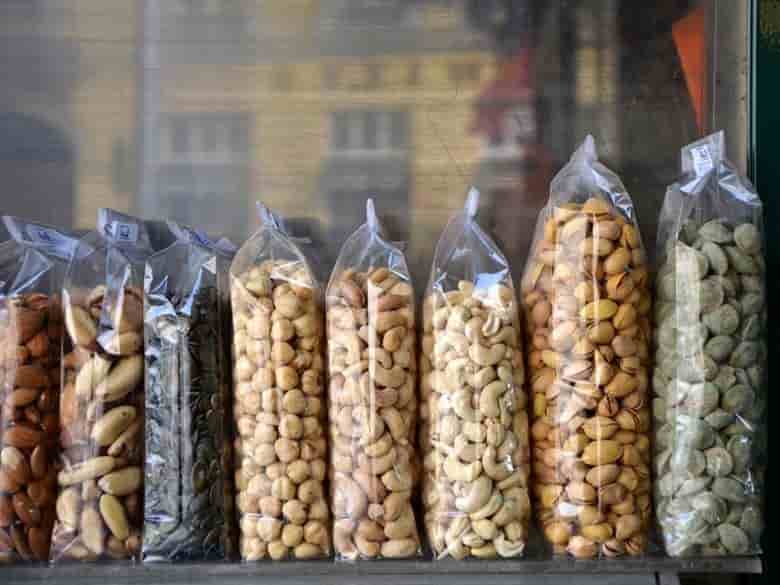
-Ukraine-Russia: how the crisis could reshape petrochemicals demand
WHEN CORONAVIRUS first became a pandemic, I flagged- up that government intervention would play a critical role in shaping petrochemicals.
This proved to be the case as government cheques in the developed world were spent on computers, game consoles, washing machines and refrigerators made in China that were manufactured from domestically produced and imported petrochemicals and polymers. Battery-recycling – Russia-Ukraine-crisis
The tide that lifted China’s economic boat, as it recovered from the pandemic in H2 2020, was hugely beneficial for the whole of the global petrochemicals business.
The nature of developed-world government stimulus was also very different than during the Global Financial Crisis (GFC).
During the GFC, lower-paid workers were left to largely carry the can for sub-prime lending errors as the “too big to fail” banks were bailed out.
In 2020 and 2021, money flowed into to job furlough and income support schemes that left some lower-paid workers better off during the pandemic than before it began.
Combine this with all the extra polymers consumption that came from people eating more supermarket food and less in restaurants (increased “surface area” demand) and the boom in internet sales (online deliveries use a lot of plastic packaging), and this explains why demand for resins such as polyethylene (PE) performed extremely well relative to the declines in GDP.
Further demand support came from all the syringes, personal protective equipment, face masks and medical packaging required to combat the pandemic.
I therefore don’t buy the view that the Ukraine-Russia conflict has interrupted a petrochemicals industry recovery that would otherwise have gained lots more momentum this year. Battery-recycling – Russia-Ukraine-crisis
In several key end-use sectors such as white goods, electronics and packaging, there was no real downturn in the first place. Without a downturn there cannot be a recovery. Hence, I see it as misleading to talk about the Ukraine-Russia conflict stalling a recovery in 2022.
Here are two examples of how well petrochemicals performed relative to GDP in 2020, based on ICIS Supply & Demand data:
US linear low-density PE (LLDPE) demand grew by 1% in 2020 over 2019 despite a year-on-year 4% fall in GDP. This was an incredibly strong performance when you consider that in 2008 over 2007, during the GFC, US LLDPE demand fell by 16% despite only a 0.1% decline in GDP.
EU plus UK demand also grew by 1% even though GDP contracted by 6% in 2020 over 2019.This is best compared with 2009, the low point of the EU sovereign debt crisis (the UK was, of course, still an EU member then). Year-on-year LLDPE demand fell by 10% as GDP declined by 5%.
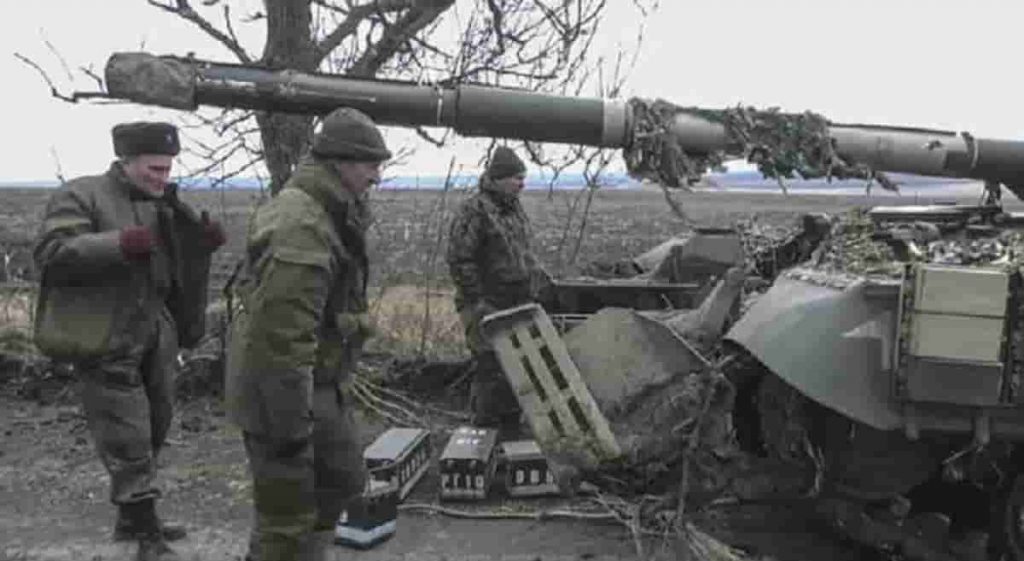
-Meet the company building Europe’s first fossil-free plastics plant
Plastics are everywhere, and the problems they pose are well documented. In 2020, the world produced an estimated 353 million tonnes of plastic waste, vast amounts of which have gone on to pollute landscapes, oceans and even the air, causing detrimental impacts to our climate, ecosystems and health.
Plastics are now in our food, our drink, the air we breathe and almost every product we buy. So ubiquitous has the material become, it feels almost irreplaceable in the modern economy. Battery-recycling – Russia-Ukraine-crisis
But rather than continuing to inflict damage to the planet, what if the millions of tonnes of plastics used to make bottles, food packaging, carrier bags, clothes, carpets and much more every year, were actually made from a sustainable, plant-based, fossil fuel-free polymer that was both fully recyclable and degradable?
If that sounds too much like wishful thinking, it is precisely the type of material a new manufacturing plant near Delfzijl in the Netherlands aims to begin producing once it is up and running from 2024. The pilot facility is set to use a novel process that has been years in development, and the Dutch company behind the technology, Avantium, has just secured the final chunk of the $209 million financing needed to begin construction work.
The company already boasts relationships dating back 10 years with Coca-Cola and Danone — both of which are shareholders — in addition to working with Carlsberg on developing “paper” beer bottles. And should the pilot plant prove successful, and the company gains further traction among packaging producers and brands in the coming years, then Avantium’s plant-based polymers could represent an important breakthrough in the battle against plastic waste, according to the firm’s CEO, Tom Van Aken.
Should the pilot plant prove successful, and the company gains further traction among packaging producers and brands in the coming years, then Avantium’s plant-based polymers could represent an important breakthrough.
“I think it’s very good news for industry, but also for everyone who is interested in sustainable plastics, that in 2024 a new bio-polymer is coming to the market, and hopefully will come to your supermarket or can be found in your refrigerator,” he tells us. “I’m very pleased that we’ve made this important step to make it a commercial reality.” Battery-recycling – Russia-Ukraine-crisis
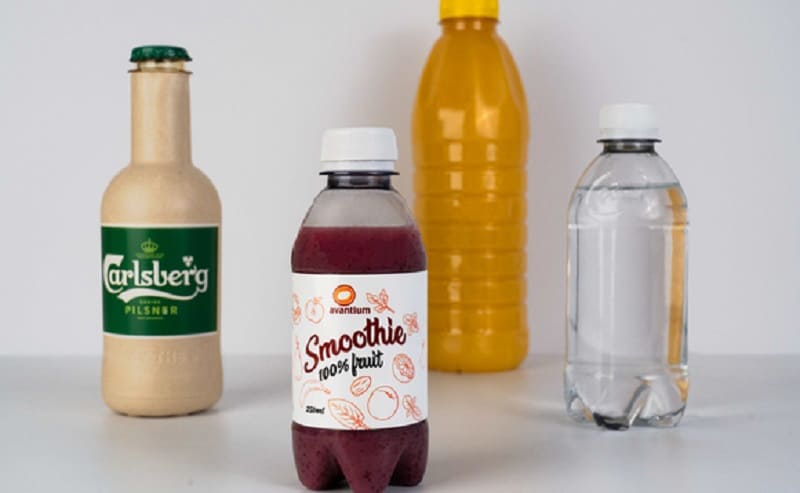
Battery-recycling – Russia-Ukraine-crisis
